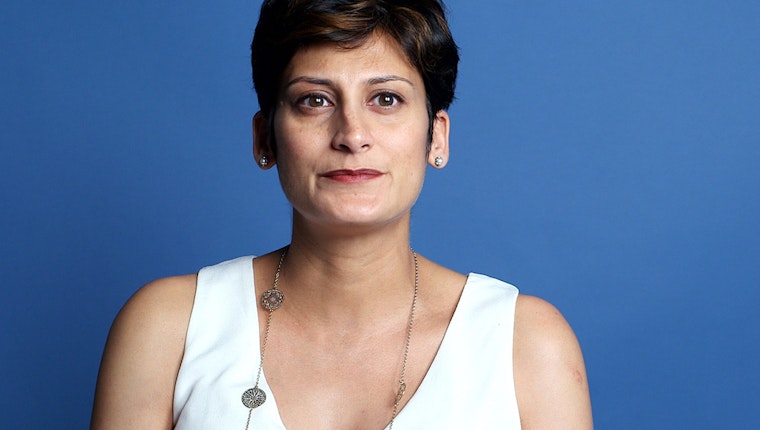As Executions Surge in Pakistan, One Group Works to Protect Death Row’s Most Vulnerable
By Samina Naz

Since Pakistan lifted its unofficial moratorium on the death penalty in January 2015, it has executed more than 400 prisoners. This puts Pakistan at number three on the list of countries with the most executions, just behind Saudi Arabia and Iran. According to some estimates, some 60 percent of these death row inmates are innocent.
The impunity with which violent militants seem to operate in Pakistan has instilled a sense of fear in the public, leading to increased support for capital punishment. Yet this criminal justice system that puts so many to death is deeply flawed—children and people with mental illnesses are executed, and torture is used to coerce confessions. Indeed, Pakistan faces severe challenges in ensuring compliance with its obligations under both the UN’s International Covenant on Civil and Political Rights and the Convention against Torture.
In a country without any formal legal aid structure, civil society advocates have stepped in. Justice Project Pakistan (JPP) gives a voice to the poorest of prisoners facing the death penalty. Working at home as well as in nearby Gulf countries, JPP advocates for the rights of mentally ill defendants, protests illegal detentions, and conducts groundbreaking research into torture and capital punishment.
In the brief seven years since it was founded, JPP has become one of the most effective organizations working on death penalty and fair trial issues in Pakistan. In the video above, its founder and director Sara Belal talks about nontraditional forms of advocacy, and how educating the public on the realities of capital punishment can shift public opinion and lead to lasting change.
Justice Project Pakistan is a grantee of the Open Society Foundations. At Open Society is a video series highlighting the people and ideas that are inspiring our work—and changing the world.
Samina Naz is a senior communications specialist for the Foundation Open Society Institute–Pakistan.